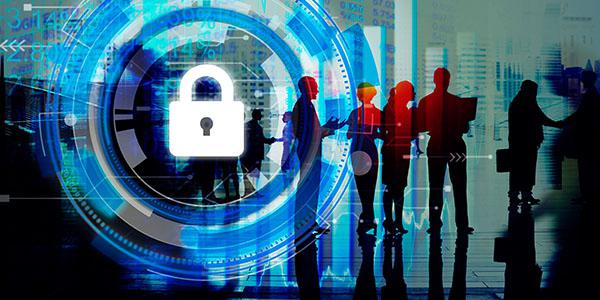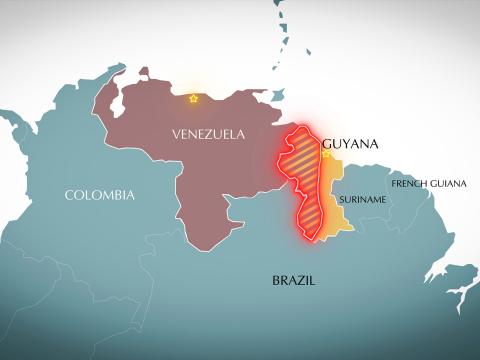President's Commentary: The Critical Cyber Workforce
Both the economy and education are national security issues.
Both the economy and education are national security issues. A nation cannot be strong militarily if it is not strong economically. Nor can a nation expect to prevail against adversaries over the long term if it does not continuously generate a trained and educated populace.
One of the biggest challenges facing industry, government and academia is the ability to recruit, develop and maintain a skilled and effective cybersecurity workforce. Businesses in the information technology realm must add skilled cyber and information technology workers to generate innovation.
For the military, the issue may be one of effectiveness and survival. One could make a strong argument that we are well into the throes of a cyber conflict now. The two most powerful peer rivals on the planet, China and Russia, are hip-deep in hostile cyber- and information-related operations. Their activities are targeted at the U.S. political system, military superiority and the economic base that underpins the military. These adversaries have stolen valuable technical secrets and demonstrated the will to sabotage all manner of networked information and related capabilities. Both nations, along with other adversaries, are a clear and present threat to the United States and our allies. Their continued cyber activities bode ill for the future.
The United States faces double jeopardy in cyberspace. Both its economy and its military need a skilled cyber workforce, but demand is outstripping supply and skills. The shortfall in available cyber expertise may be as great as 1.8 million workers. Often overlooked, skills in the infrastructure such as HVAC technicians, fiber optic cable installers, utility service meter readers, home security technicians and auto mechanics are all part of the cybersecurity ecosystem. The scope and demand for qualified cybersecurity personnel will only increase as the Internet of Things and 5G gain in acceptance and use.
The United States must begin strengthening the skilled cybersecurity and information technology workforce to compete effectively. To this end, we need to take definitive, game-altering steps to improve our cybersecurity posture. This requires a multipronged, transformational approach in the development of the workforce—both public and private; large business and small business; state and local government, as well as the military, the federal government and academia. This process should include a few key steps.
For example, in many circles, cyber education has been more about developing policy experts and managers and less about developing the critical skills needed across the broad spectrum of cyber disciplines. More emphasis needs to be placed on the diverse science of cybersecurity.
Also, there is a need for skilled code writers with a strong underpinning in cybersecurity, who have the ability to integrate complex systems and have a healthy understanding for building in security from system inception rather than bolting it on.
A strong cadre of experienced and skilled cybersecurity personnel is required to mentor and teach a less experienced cyber workforce.
The country must develop a more diverse workforce of people who think and code differently than the traditional workforce and can work as part of a team trained in critical thinking and problem solving.
There must be a transformation in the educational system that increases and values diversity and the STEM technical skills necessary to compete in this evolving cyber environment. Emphasis needs to be placed on STEM education at the K-8 level. Waiting until high school is too late to attract younger people’s interest.
Government, industry and academia should incentivize the exchange of personnel and share good ideas and technology.
The cybersecurity standards and certification bar needs to be raised and set at a level commensurate with the appropriate level of security for a given requirement. We should be jumping over the cyber certification bar, not tripping over it.
Finally, we need strong and powerful national leadership that transcends industry and government.
In 1957, the Soviet Union shocked the United States with the successful launch of Sputnik, the first artificial satellite to orbit the Earth. The U.S. government responded with a drive to emphasize science and mathematics education at all levels. The kindergarten students who learned of Sputnik’s launch and the beginning of the space race later witnessed the United States landing men on the Moon when they graduated from high school. Many of these students went on to fuel the technology revolution that ensued and continues to this day.
Much more is at stake in the cyberspace race. It is not too late to take measures to fuel a cyber future, but it must be done now and in full measure. Half measures won’t succeed.




Comments